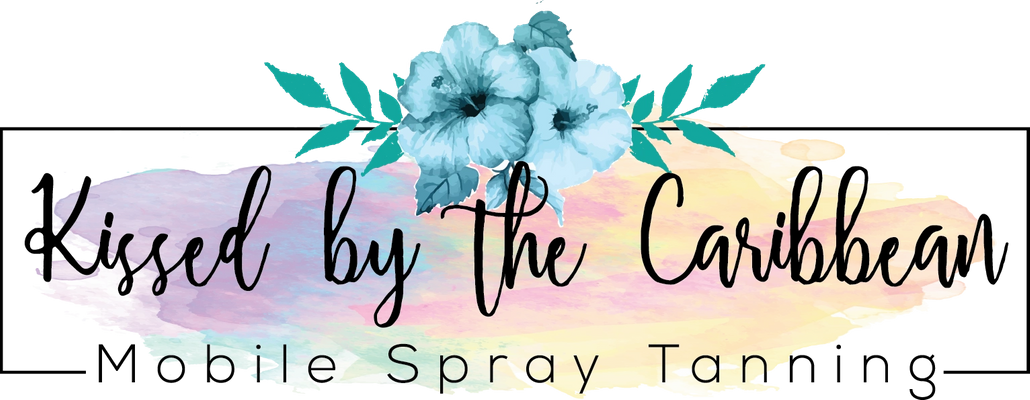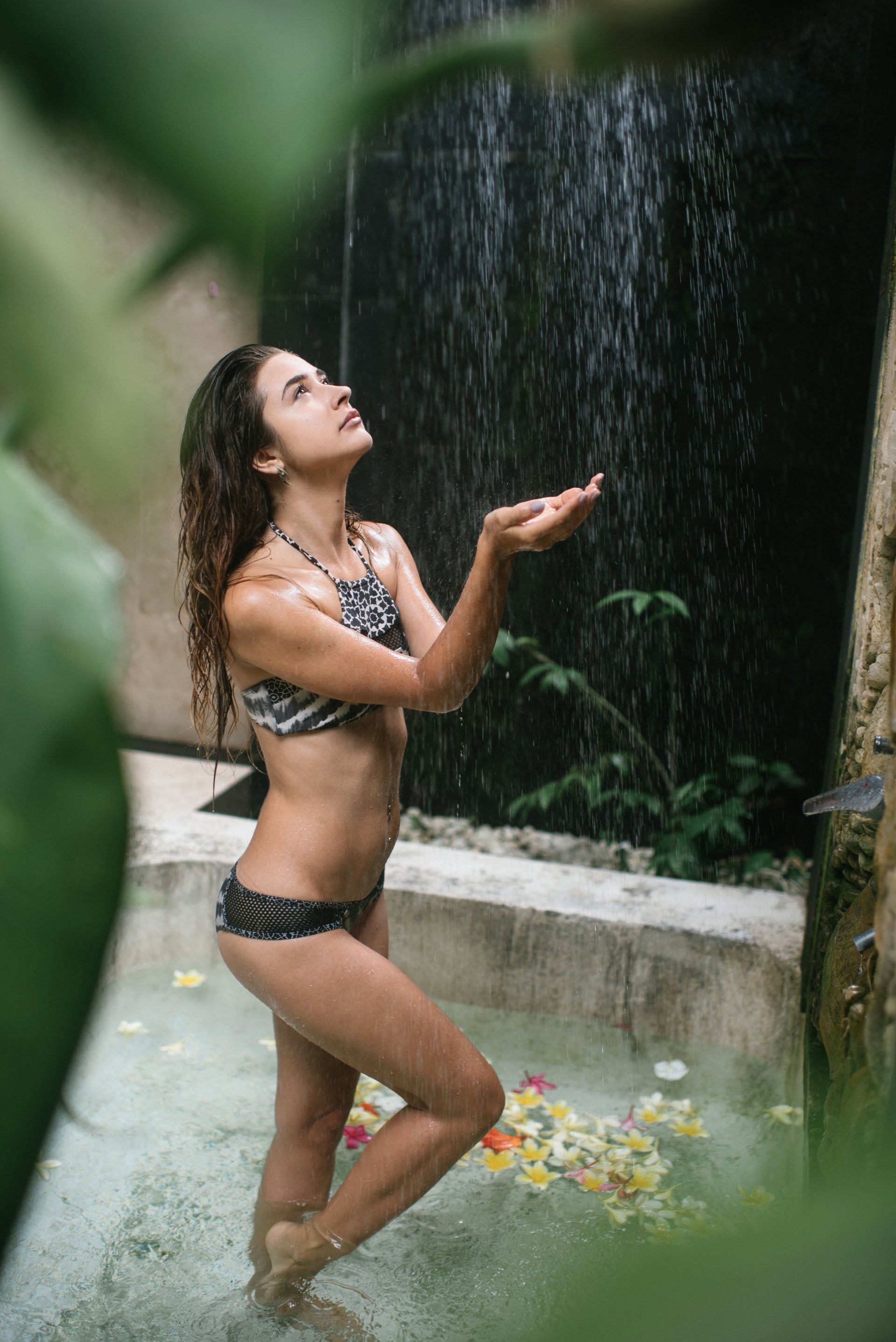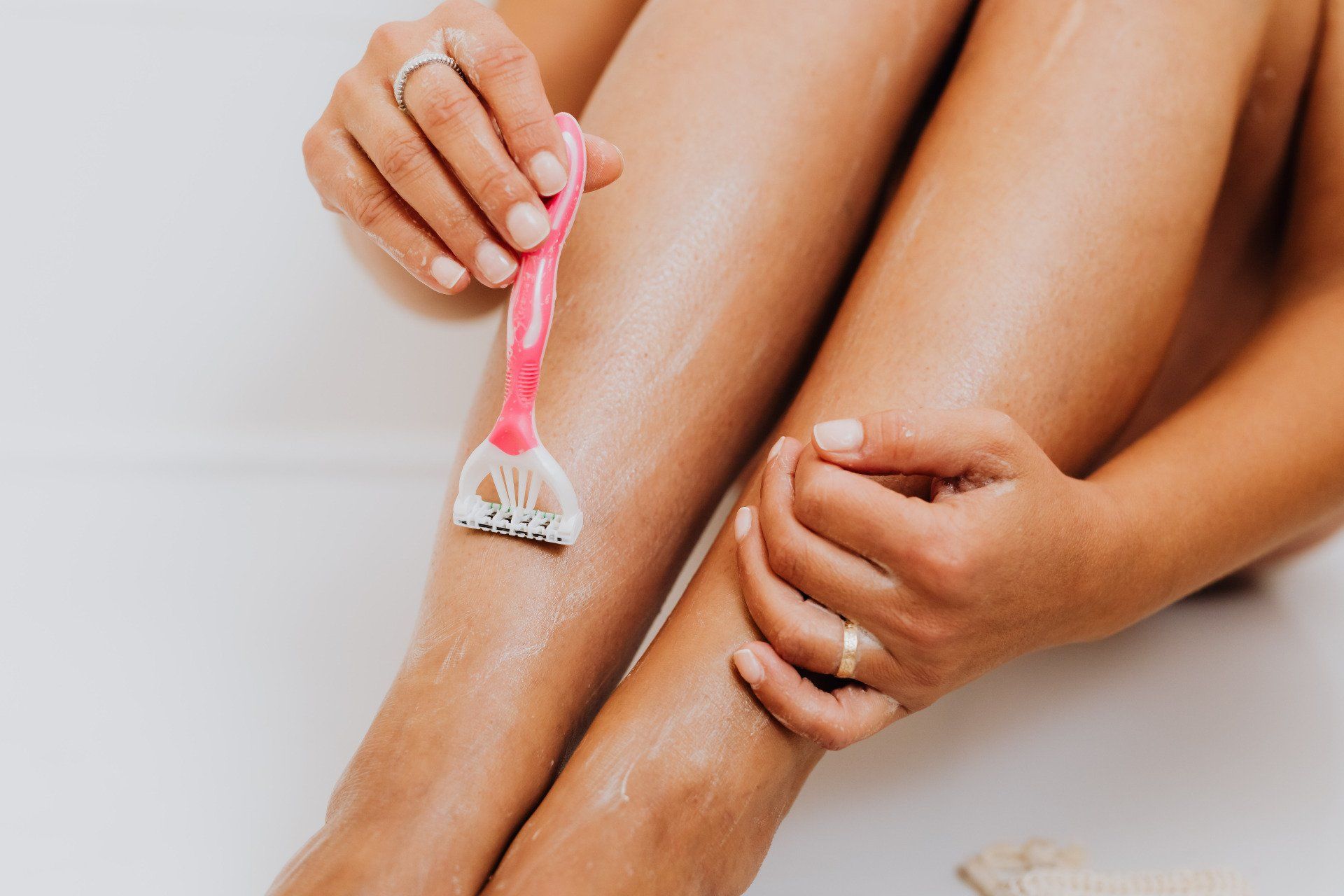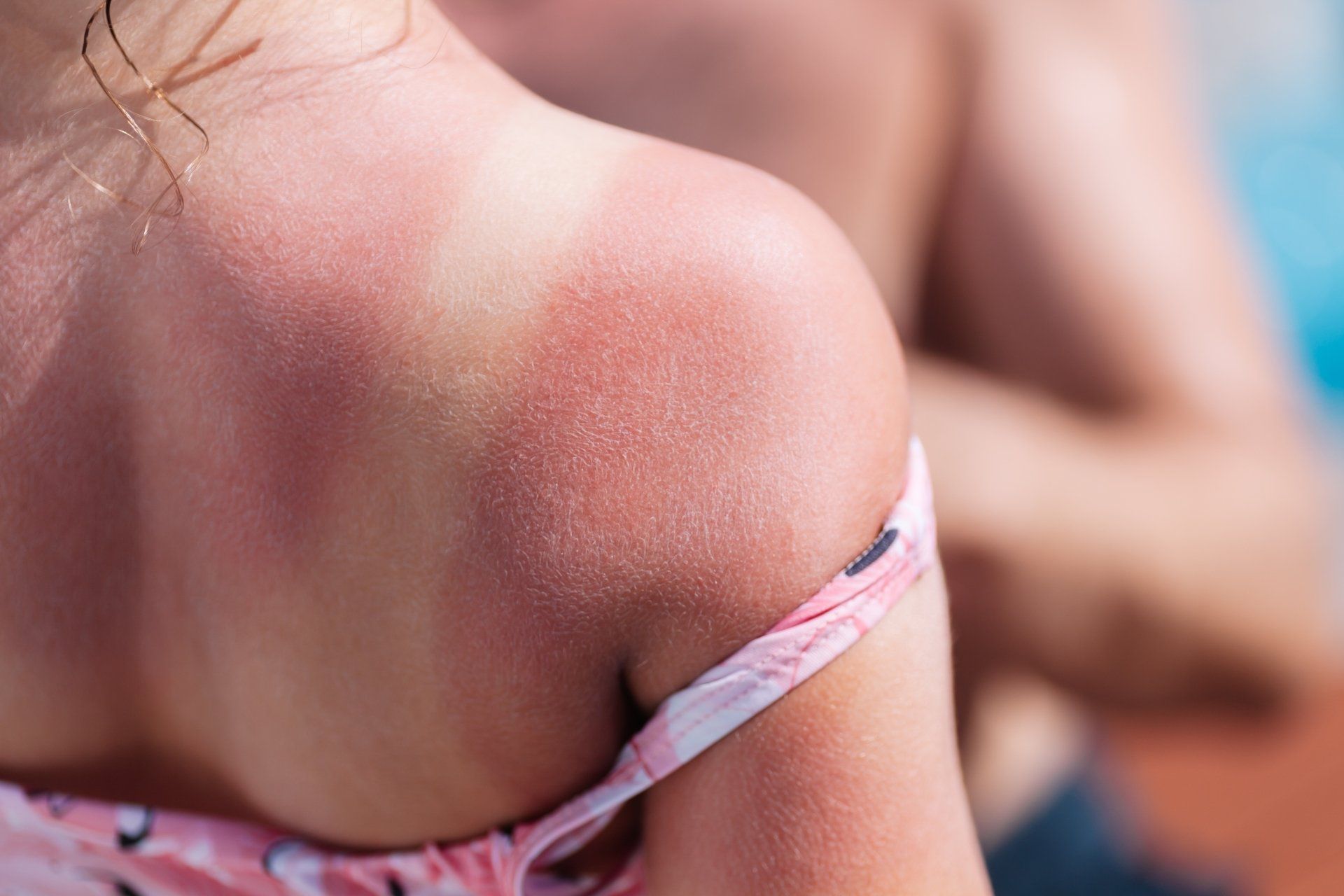
In virtually every TV advertisement, you’ll probably hear the words ”organic” and “natural” used to sell a wide variety of different products. These adjectives are often applied to products to make them appear healthier – including foods and soft drinks. The unfortunate result is that many people now confuse the terms “organic” and “natural” for each other. In reality, natural products aren’t necessarily organic,
and even products advertised as organic could contain a significant amount of unnatural ingredients.
In the United States for example, products that don’t carry a USDA Organic Seal only need to contain 70% organic ingredients in order to advertise themselves as an organic product. The remaining 30% of ingredients don’t even need to be natural – so they may consist of nearly a third synthetic materials. And thanks to confusing regulations in other territories, many products advertised as “organic” could be stretching the truth when it comes to some of their “organic” ingredients.
So what’s the story with organic spray tans? Does this mean spray tans that claim to be organic may not actually be organic at all? While many spray tan solutions carry the words “organic” or “organically certified” on their label, in reality, there’s no such thing. And it’s not a case of companies intentionally misleading their customers, instead, the issue comes from a lack of clarity as to what ingredients can reasonably be called organic.
An example of this is dihydroxyacetone (DHA) – the common ingredient in spray tanning solutions. DHA is primarily derived from sugar beets and sugar cane. A simple carbohydrate, DHA, is currently the only substance that the U.S. Food and Drug Administration has approved to tan the skin and is the most commonly used ingredient in self-tanners and spray tanning products. When used correctly, DHA is a non-toxic way to create a temporary browning effect on your skin. The substance achieves this by reacting with amino acids in the protein keratin of your skin to produce a sun-kissed look. While many spray tan manufacturers consider this naturally-based DHA to be an organic ingredient, others do not.
While Kissed By The Caribbean uses solutions that are EcoCert and Cosmos approved, we felt it was misleading to accurately list these solutions as all organic. And even though the Australian Organic Standard requires only 95% of a product’s ingredients to be organic, we believe anything less than
100% is again misleading.
What should I look for instead of “organic” spray tans? Rather than relying on “organic” labels, certification, or advertising claims, you should look for tanning products that are free from unnatural ingredients like:
- Paraben
- Propylene Glycol
- Formaldehyde
- Ethanol
- Alcohol
- Artificial perfumes
- Mineral oil
- Artificial preservatives
Not only will this ensure your glow is as close to organic as possible, you’ll also avoid unwanted side-effects and unnecessary harm to the environment caused by chemicals in many spray tan products.
Choosing Kissed by the Caribbean and the Australian solutions guarantees all of the above, as well as a
sensational and natural-looking tan that will last for 7 to 10 days.











